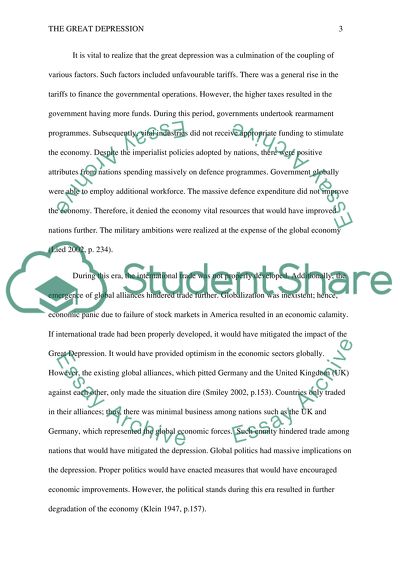Cite this document
(“Causes and Consequences of the Great Depression Essay”, n.d.)
Retrieved from https://studentshare.org/history/1456418-what-where-the-main-causes-and-consequences-of-the
Retrieved from https://studentshare.org/history/1456418-what-where-the-main-causes-and-consequences-of-the
(Causes and Consequences of the Great Depression Essay)
https://studentshare.org/history/1456418-what-where-the-main-causes-and-consequences-of-the.
https://studentshare.org/history/1456418-what-where-the-main-causes-and-consequences-of-the.
“Causes and Consequences of the Great Depression Essay”, n.d. https://studentshare.org/history/1456418-what-where-the-main-causes-and-consequences-of-the.


